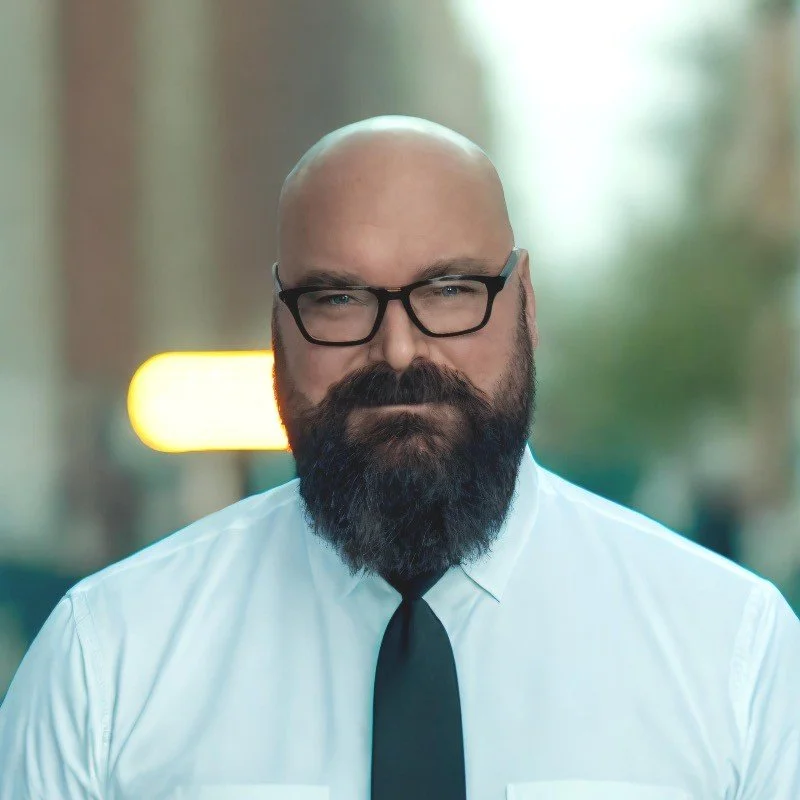The Military Episode
The modern brand and accompanying campaign highlight the vast possibilities of Army service for today’s youth (Photo Cred: U.S. Army)
SUMMARY
It’s the Fourth of July in the US, and we’re thinking about the military. Today and on Veterans’ Day, we’ll say “Thank you for your service,” but do we really know all that goes into that service and how it impacts the people that serve? This week, we’re joined by military masculinity expert Professor Ray Hinojosa from the University of Central Florida to uncover how gender informs how people are recruited into the military, why people choose to serve, and how it’s changed over time.Remoy starts out with a confession… Was it as unexpected for you as it was for Samantha? Who knew he had THIS facet…How would you describe someone in the military? Remoy poses this question and leads us into the seldom-talked-about ways that folks used to recruit soldiers into service back in the day.
In the days of Napoleon, his rival, the Duke of Wellington, had choice words about his own soldiers, and Dr. Hinojosa shares context that gives us insight into the predatory recruiting strategies of that time and why those methods were used.(Despite Samantha’s excitement at beurre blanc and butter in general, we do realize that Napoleon lost to the Duke of Wellington 😅)Professor Ray Hinojosa puts us on game about the different reasons people suit up and serve.While duty and altruism are very likely reasons for people to join the military, the economic draft stands out as an opportunity to draw folks into military service.
Recruiters play on traditional notions of masculinity like protection and duty to draw folks in, which may be predatory in its own way…
Remoy walks us through some more military history, this time, in Samantha’s birthland, with D-Day.Recruiting practices had somewhat shifted then, and men that had barely made it into adulthood ended up making up the majority of the armed forces.
Dr. Hinojosa gets candid about the other reasons people join the military. Perception is everything.Marketing has played a huge part in military recruiting, with video-game-like ads and messaging playing to manhood.Our guest breaks down how the realities of military service are stripped from recruitment messaging.Remoy shares his own proxy experiences with the military. An acquaintance returns after their first year and he reflects on the person they became, impacting his own perspective about what he thought about service.In our deep dive, Professor Hinojosa shares how we can support servicemen after their time in the military
“First and foremost, we have to remember that men are human beings, and they’re human beings with a full range of emotional expression. Even if they don’t always know how to express it well, those feelings are still there, right? Anger, fear, shame, concern, anxiety and all of the things that come with having big emotions.”
— Dr. Ray Hinojosa
Remembering that everyone experiences deployment differently is key. It’s Important to hear folks for their own experience—sage advice for all walks of life.
Having a trauma-informed perspective helps to dispel barriers to understanding especially since many young men have a hard time sharing details of their time in the service with folks who have not experienced it themselves
Why do some men not know they need care? Our literati host ponders and our expert weighs in.MASKulinity, essentially. And Professor Hinojosa breaks down exactly what that looks like.Social connection has been proven to help people live longer, but experiences in the military can lead to loneliness, so what do we do? Hear what Professor Hinojosa advises.
This theory of “self as object,” what does it mean exactly? Professor Hinojosa breaks down this concept first presented in his dissertation about how we use our bodies as an object to project the type of person we want to be perceived as. The military is no exception.Despite its many questionable aspects and tactics, the military has given us many benefits that we don’t always think about. Listen to find out what everyday items we have the military to thank for, for example, washing machines!But also, it provides a certain status in society that people respect and have more empathy for…We finish this episode with Professor Hinojosa providing tips for supporting veterans through their trauma. It’s a good one.Are you a service member? Did we miss anything? Let us know!
Referenced on this episode:
Professor Ray Hinojosa’s dissertation “Recruiting' the Self The Military and the Making of Masculinities”
MCU and the military have a relationship
The ad Remoy shared with Professor Hinojosa and Samantha
COMPANION PIECES:
Ignoring it won’t make it go away! How doing the work leads to men’s freedom, with resident therapist Justin Lioi
Men as Victims of Violent Crime, with Yuval Moses, a therapist from the Crime Victims Treatment Center
OUR GUEST THIS WEEK:
Dr. Ray Hinojosa
Dr. Hinojosa’s research interests are in the areas of identities and identity construction, masculinities, men’s health, veterans’ health, and qualitative research methods. His past work has explored masculine identity constructions as individuals transition into and out of various institutional settings, like the family and the military.




